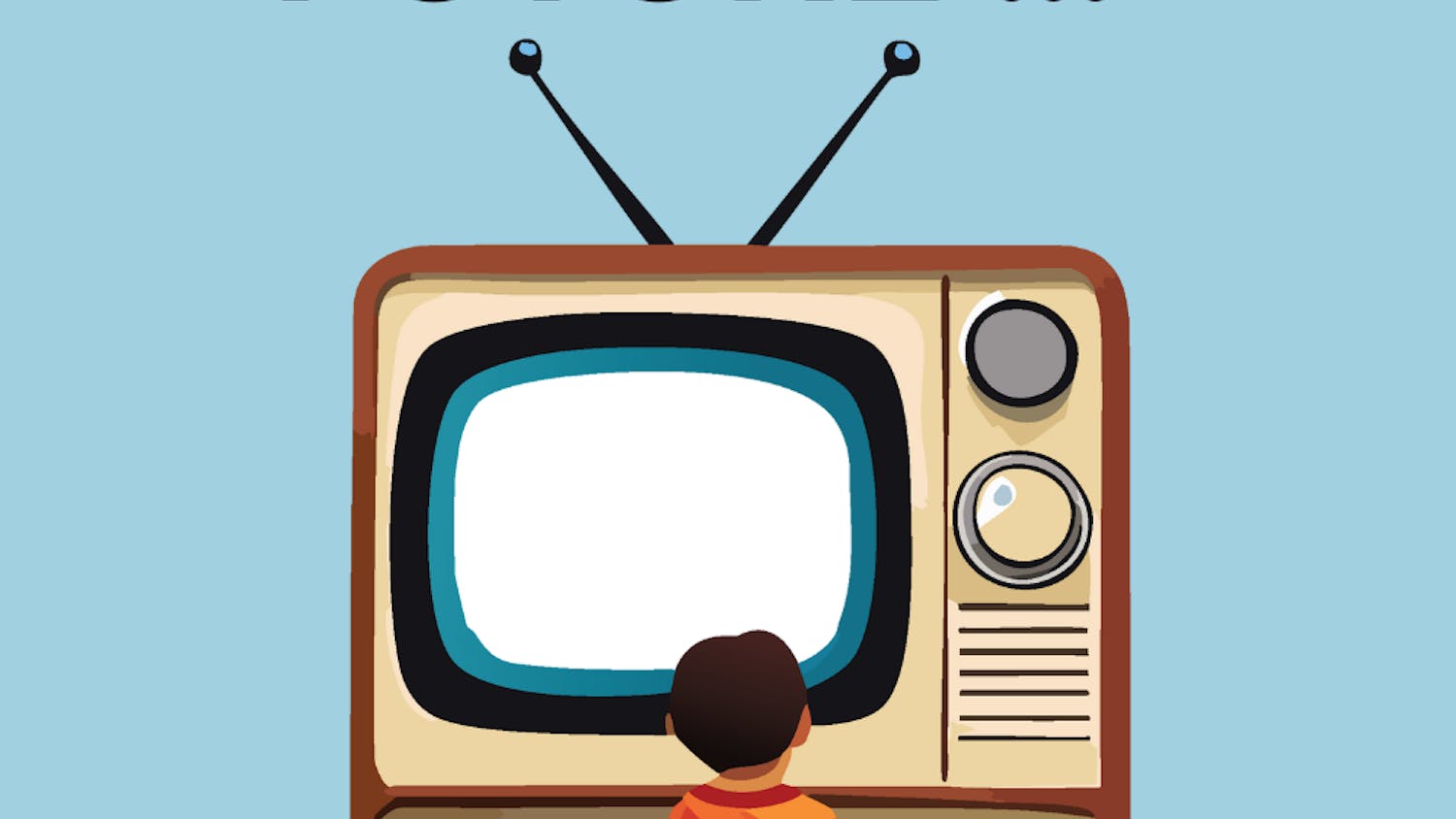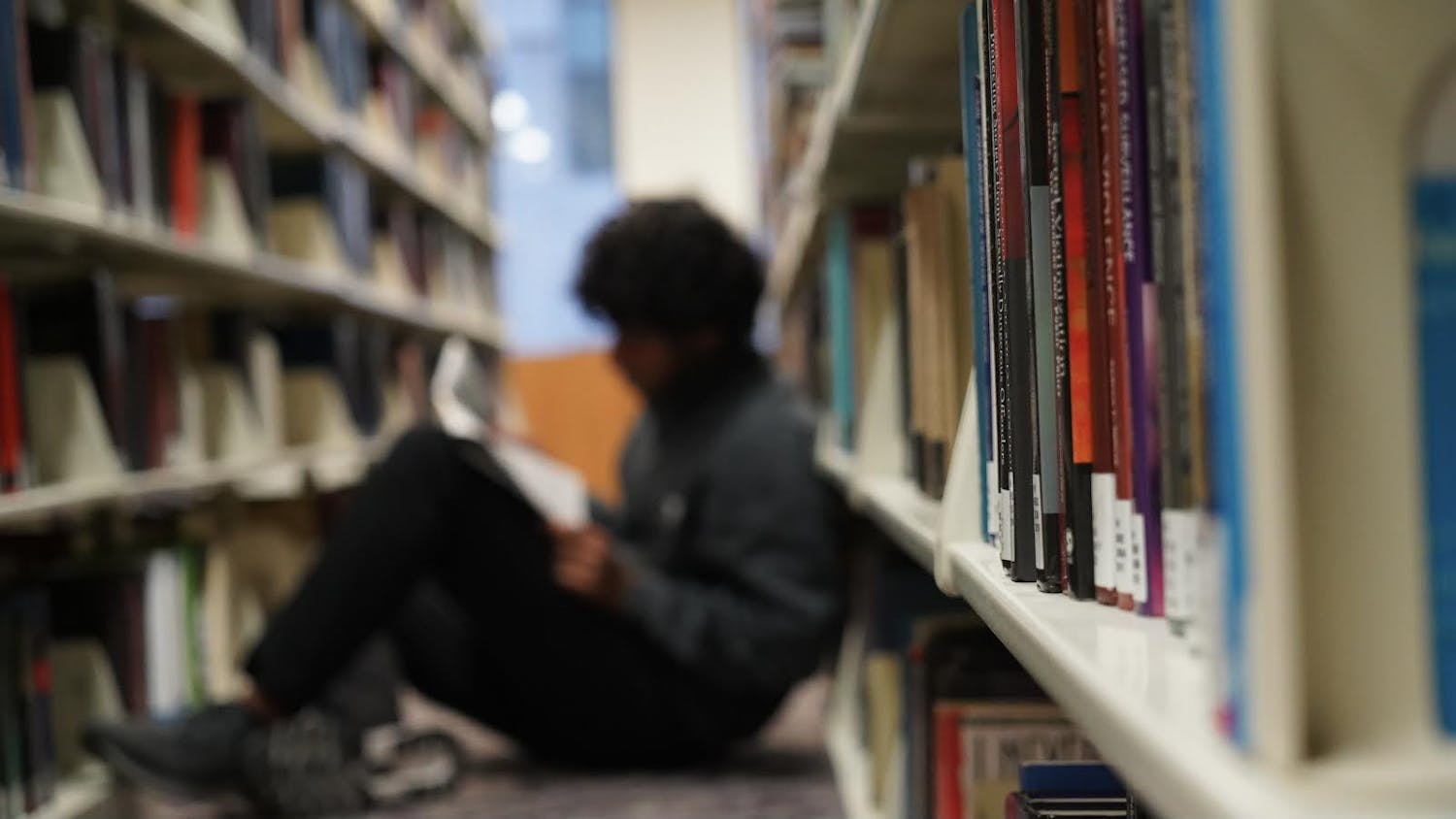These past few weeks have been hard -- not only on the American people, but many of our Latin American neighbors. One after another, we have seen hurricanes come and take away loved ones, homes and livelihoods. But this isn’t the end. We will see more. So, we need to be prepared for what’s to come.
Sahara Pereira, a freshman and Puerto Rican, said that the lifestyle change in the country hasn’t been this bad since 1998 when the last big disaster struck. People lost everything: family members, pets, houses, money and more. The U.S. hasn’t paid any attention. We need to do better.
“People haven’t had a decent meal in days,” she said on Oct. 8. “My mom ate eggs for dinner last night. That was her first time eating a decent meal since Hurricane Irma and Maria.”
People are in need of help, and it is our responsibility to aid Puerto Rico since they’re a commonwealth of the U.S. So, let’s start.
Schools are closed. Jobs are stalled. People are waiting for hours outside in long lines leading to grocery stores and even then, people aren’t getting food. There was a major lack of distribution in Puerto Rico after the hurricanes hit, but these hurricanes hit about one month ago. Why hasn’t the situation gotten better? By this time, there should’ve been a plan in place about combating effects, or at least preparing for future disasters.
“There are significant amounts of supplies including food and water, but the necessary distribution of resources isn’t there,” said Gabriel Piccillo, a freshman with relatives and friends living in Puerto Rico. “Food is there, but Puerto Rico has no gas for the trucks to distribute the food.”
A jarring lifestyle change has been a major factor in Puerto Rico and other places that were hit. Because electricity and cell service has been out, people haven't been able to contact their loved ones to see who survived and who didn’t. If this power outage had happened in the U.S., the panic that would’ve ensued would have been immense.
Hurricane Nate recently hit Costa Rica, Honduras and Nicaragua. Some people have completely disappeared in the Central American countries. They are also experiencing bad cell service.
“It was frustrating knowing that I was here and not there, knowing that I couldn’t help,” said Andres Villas, a student from Costa Rica.
The U.S. has a history helping small countries like Costa Rica, who doesn’t have a military, by providing money and aid for relief efforts purely out of goodwill. The Truman Doctrine, the relief efforts after Fukushima Nuclear Plant explosion, and the rescue efforts after the earthquakes in Mexico are examples. We should extend this goodwill to Costa Rica.
“Gangs have gone around stealing local supplies like food, blankets, generators, etc.,” Pereira said.
Basic needs for survival are being stolen because replacements are not being distributed. The U.S. government needs to act on a plan that will help reduce this chaos because it is our responsibility to do so.
People are missing, and any attempt at getting out has been rendered impossible. Travel companies have hiked up pricing, making a trip out of Puerto Rico to the mainland United States cost close to thousands of dollars, according to Ramos.
Evamar Gonzalez Ramos from San Juan, Puerto Rico, said that people are leaving, but flights are expensive and some don’t leave until next month.
“Politicians and ambassadors can’t just say, ‘We are here to help you,’ because that’s really easy to say, but actually making sure that people are helped is key,” junior Viviana Sanchez said.
These extreme climate-based disasters are only going to get worse. John Englander, a sea level rise expert predicts that many coastal areas and cities will be completely submerged due to rising sea levels in fewer than 50 years. If that doesn’t scare people, I don’t know what will.
Resources are not getting distributed and staying in ports, people are missing and life has reached a stalemate in Puerto Rico. These disasters and the implications they have for human nature need to be a global primary focus. As an international community, there needs to be some real change happening so that we will make a difference.
Where do we go from here? The first step is recognizing there are personal, relatable problems going on in an area that is part of the U.S. that we need to address immediately. A body of water in the middle of U.S.-owned territories shouldn’t matter when deciding on whether or not we should provide aid to our citizens.




